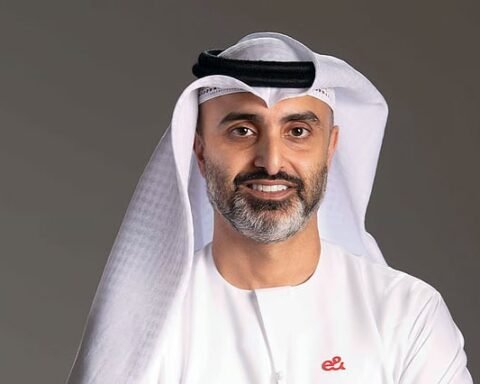
UAE Urged to Educate Citizens on AI to Overcome Public Fear
World Economic Forum’s Klaus Schwab Calls for Government-Led Education to Foster Trust in AI and Emerging Technologies
by Allen Cot

World Economic Forum’s Klaus Schwab Stresses the Role of Governments in Shaping an Informed and Optimistic Future
As the world enters the era of artificial intelligence and quantum computing, a prominent expert has called on governments to play a crucial role in educating citizens to dispel fear and build trust in these transformative technologies.
Speaking at the World Government Summit, Professor Klaus Schwab, Chairman of the Board of Trustees at the World Economic Forum, highlighted how the rapid evolution of technology has left many feeling overwhelmed. Reflecting on humanity’s shift from the agricultural to the industrial and now the intelligent age, Schwab noted that the accelerating pace of change has fueled apprehension about the future.
Shaping the Future Through Knowledge
“The future is not happening; it is shaped by us,” Schwab emphasized, urging collaboration between governments, businesses, and civil society to foster an informed and optimistic outlook. He pointed to the UAE as a model nation in this regard, noting the country’s foresight in appointing Omar Sultan Al Olama as Minister of Artificial Intelligence back in 2017.
Schwab underscored the critical role of education in preparing societies for this technological shift. Citing research from his organization, he warned that up to 50% of jobs could be directly or indirectly affected by advancements in AI within the next five to ten years. He stressed that if governments fail to communicate the benefits of these technologies, public fear and distrust could deepen.
“Governments have the task to explain to the people, to be educators, to show them that actually, these technologies entail more opportunities than threats,” Schwab said.
AI: A Tool for Progress, Not a Threat
Addressing concerns over AI’s impact, Schwab rejected the notion that artificial intelligence should be regulated like nuclear technology, which requires strict global governance. “No, AI is an enabling, systemic technology. It penetrates everything we are doing,” he stated, reinforcing AI’s potential as a tool for progress rather than a threat.
Governments as ‘Governance Architects’
Schwab outlined the evolving role of government leaders in the intelligent age. He urged officials to move beyond traditional bureaucratic structures and embrace a systems-thinking approach—one that enables them to navigate the complexities of modern society.
Additionally, he emphasized that curiosity and a willingness to learn will be defining qualities of successful leaders in this era. Without proactive efforts to educate and engage citizens, fears surrounding AI and other emerging technologies may overshadow their potential, ultimately hindering global progress.
With the UAE already leading the charge, Schwab’s message serves as a call to action for governments worldwide to take responsibility in shaping a future where technology is understood, trusted, and harnessed for the greater good.
Post Views: 518
















